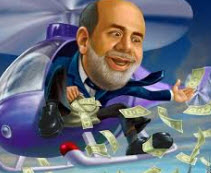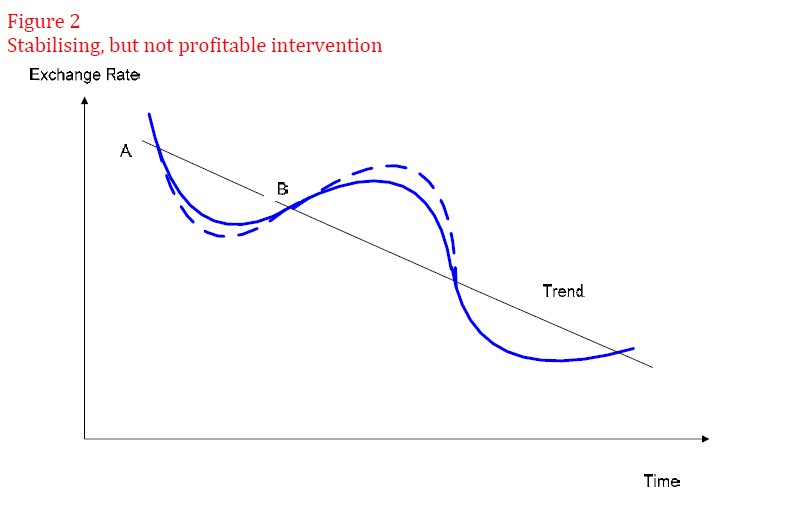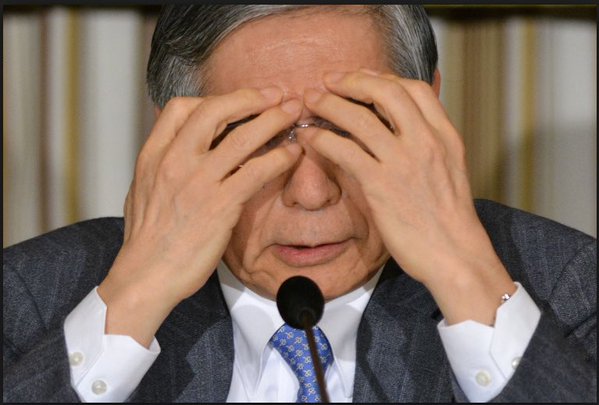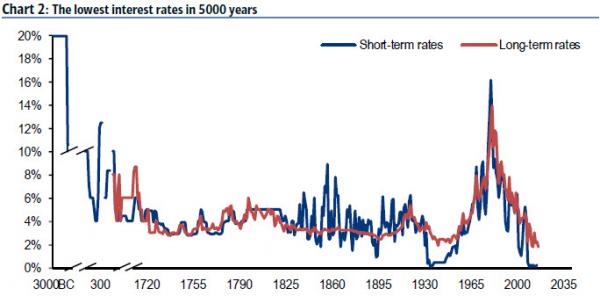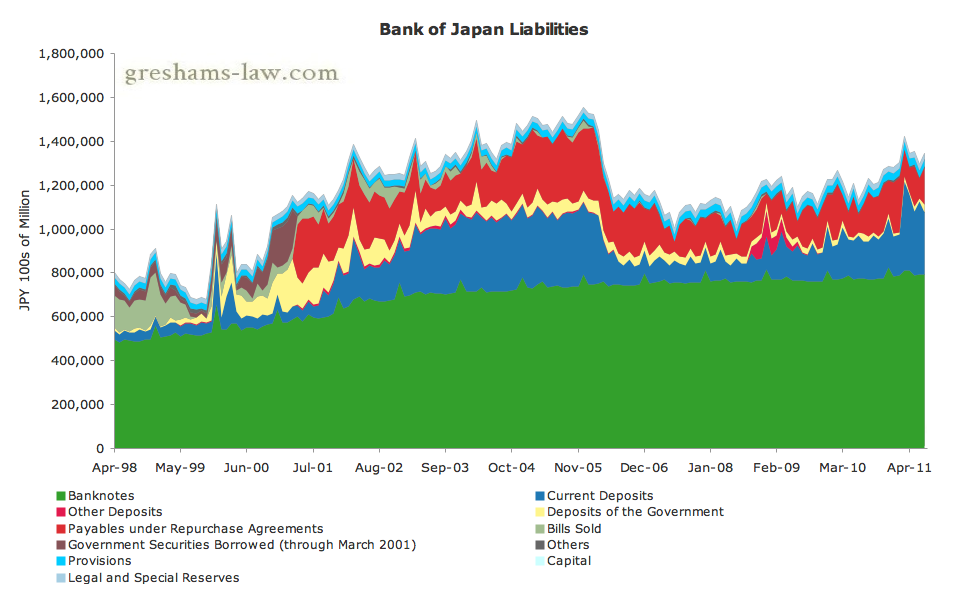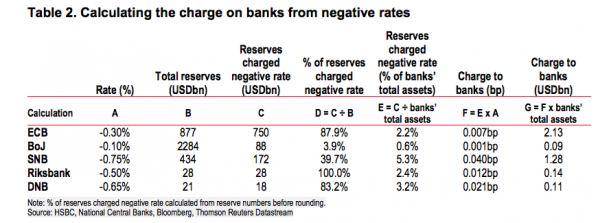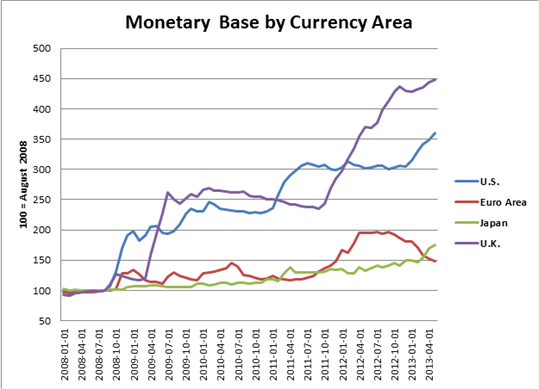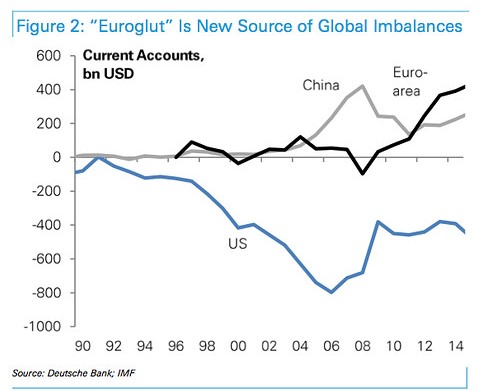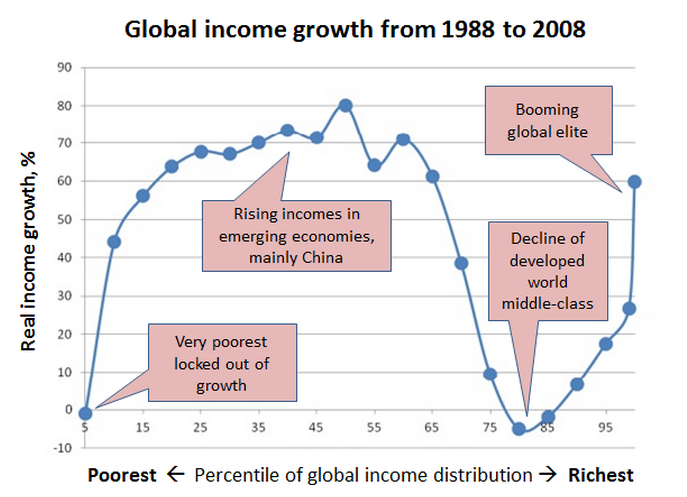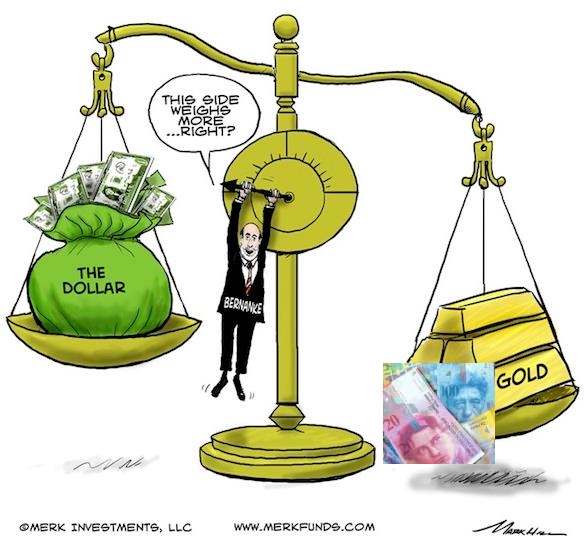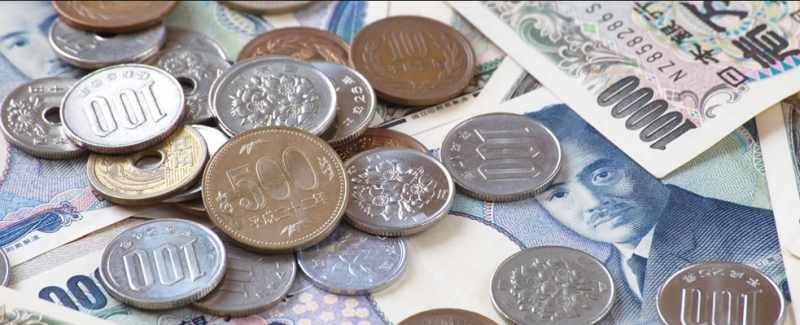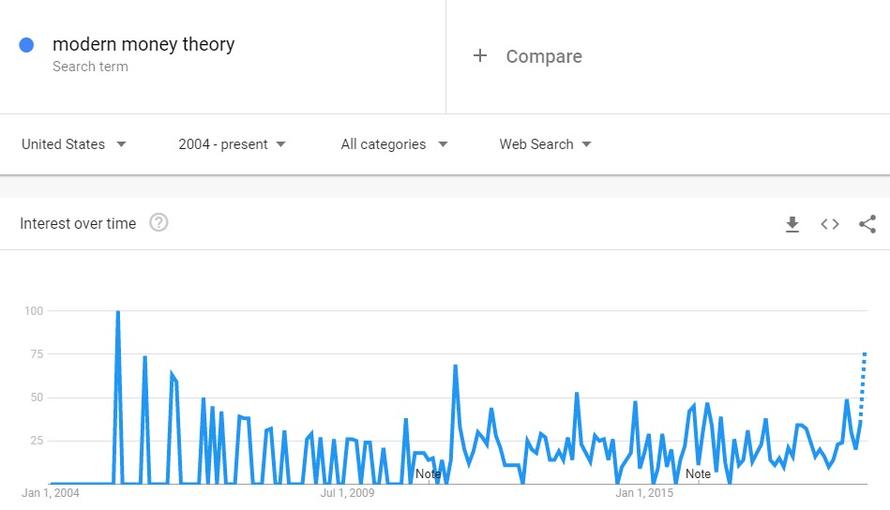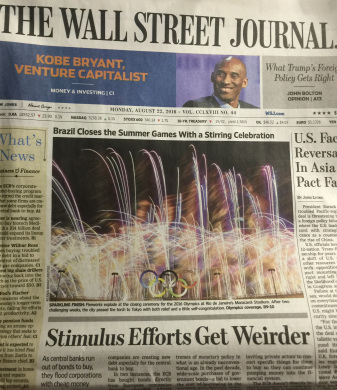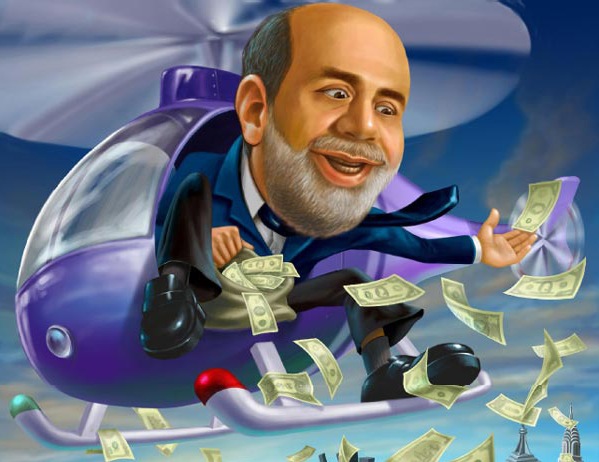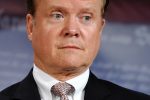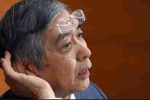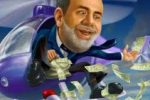Category Archive: 8) Economics
Stockman Rages: Ben Bernanke Is “The Most Dangerous Man Walking This Planet”
Ben Bernanke is one of the most dangerous men walking the planet. In this age of central bank domination of economic life he is surely the pied piper of monetary ruin. At least since 2002 he has been talking about “helicopter money” as if a notion which is pure economic quackery actually had some legitimate basis.
Read More »
Read More »
When the Deep State Controls All Wealth
The feds got out the knife in 1971. They changed the money system itself. They severed the link between gold and the dollar – and between value and price. It was so subtle almost no one objected… and so clever almost no one saw what it really meant. It took us more than 40 years to figure it out.
Read More »
Read More »
Currency intervention for Central Banks: When and at which level?
The papers from the Reserve Bank of New Zealand describes in easy words where central banks should intervene based on economic history and experience. It avoids the often used econometric considerations. For FX rates those often do not incorporate sufficient long-term data.
Read More »
Read More »
The EU Begins to Splinter, a new Tsunami for Kuroda
Early this morning one might have been forgiven for thinking that Japan had probably just been hit by another tsunami. The Nikkei was down 1,300 points, the yen briefly soared above par.
Read More »
Read More »
Visualizing “The 5000 Year Long Run” In 18 Stunning Charts
In the long run, as someone once said, we are all dead, but in the meantime, as BofAML's Michael Hartnett provides a stunning tour de force of the last 5000 years illustrates long-run trends in the return, volatility, valuation & ownership of financi...
Read More »
Read More »
Bank of Japan: The Limits of Monetary Tinkering
After waking up on Thursday, we quickly glanced at the overnight market action in Asia and noticed that the Nikkei had tanked rather noticeably. Our first thought upon seeing this was “must be the yen” – and so it was. The BoJ cannot manipulate the yen anymore.
Read More »
Read More »
History of Bank of Japan Interventions
We show the history of Japanese FX interventions. The Japanese only intervened when the USD/JPY was under 80. Therefore the 2016 FX intervention threads at 108 are ridiculous.
As opposed to the Swiss National Bank, the Japanese only talk, they do not fight.
Read More »
Read More »
Is that Buzzing Sound Helicopter Money?
Helicopter money is the rage. Central banks are talking about it. Economists are debating it. The media is rife with coverage. While it sounds important, it is not precisely clear what helicopter money means. It appears to have originated with Milton Friedman. In 1969, he wrote: "Let us suppose now that one day a helicopter … Continue reading »
Read More »
Read More »
HSBC Looks At “Life Below Zero,” Says “Helicopter Money” May Be The Only Savior
In many ways, 2016 has been the year that the world woke up to how far down Krugman’s rabbit hole (trademark) DM central bankers have plunged in a largely futile effort to resuscitate global growth.
For whatever reason, Haruhiko Kuroda’s move into NI...
Read More »
Read More »
The Euro Glut: The Summer 2015 Update
Deutsche Bank's George Saravelos was one of the first to use the term "euro glut". He anticipated a massive capital outflow from Europe that countered the huge European current account surplus. The Euro glut also led to the end of the EUR/CHF peg. Reasons are missing investment opportunities in Europe despite the high savings rate.
Read More »
Read More »
What Drives the Economy: Consumer Spending or Saving/Investment?
The concerted actions in September 2012 between the two big central banks reflected two fundamental economic principles: The Fed opted for Keynes' law, the ECB for Say's Law with conditionality. And apparently the ECB was successful.
Read More »
Read More »
The All In One Economic History Chart
It was tweeted out and annotated by James Plunkett and it's based on a chart from inequality economist Branko Milanovic.
Read More »
Read More »
Fed FOMC: Who is Hawk, Who is Dove? 2015 Update
Composition of the Fed's Federal Open Market Committee (FOMC composition), needed to know if the Fed is opting for quantitative easing or not.
Read More »
Read More »
Quantitative Easing, its Indicators and the Swiss Franc
The main drivers of demand for Swiss francs are the euro crisis and, even more, the behavior of American investors, who go out of the dollar in the fear of bad US economic data and/or Quantitative Easing (QE). Risk-friendly investors move into risky assets like stocks or currencies of emerging markets, while risk-averse investors fear inflation and buy inflation-resistant assets like Swiss francs.
Read More »
Read More »
Happy Xmas Lars von Trier
Dear friends and readers, Christmas is family time. But since my blog is contrarian, you read here a contrarian family post by one my idols, Lars von Trier. I just want to thank all my loyal readers and followers for following and commenting on my blog and any discussion on Twitter. Since the blog is driven by … Continue reading »
Read More »
Read More »
Heterodox Economic Theories and GDP
Heterodox economic theories focus on the human desires to spend, to save, to obtain credit in order to anticipate spending and future earnings, to increase or to reduce debt or even to deplete existing savings, on human behaviour. Those theories neither think that humans are rational nor that markets are efficient.
Read More »
Read More »
Michael Pettis: Abenomics is just a measure to enforce higher household savings
This article by Michael Pettis remains one of the most important contributions on Abenomics. If anybody wondered by GDP contracted in 2014. It is not only the sales tax but even more the weak yen that forces people to save more.
Both companies and finally also consumers are savings more. Companies do not invest.
Read More »
Read More »
Weak Yen, Is it Really a Currency War?
Some journalists, like Ambrose Evans-Pritchard of the U.K.'s Telegraph and Michael Casey of the Wall Street Journal, have already claimed this to be a shot in the currency wars. Casey focuses exclusively on the BOJ activity and does not even mention GPIF.
Read More »
Read More »









